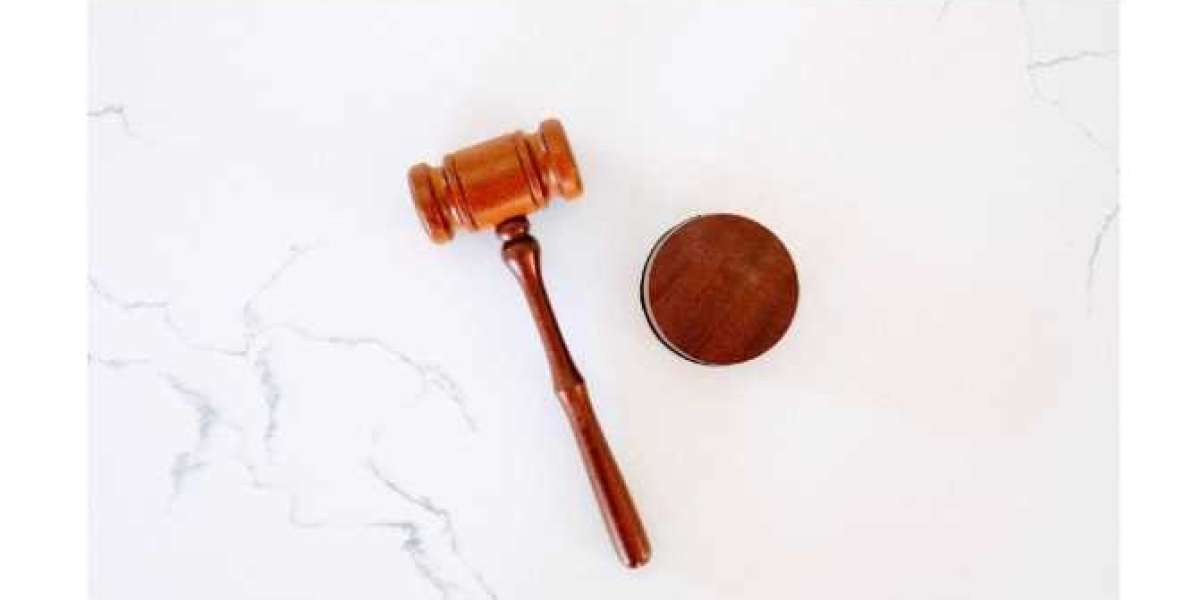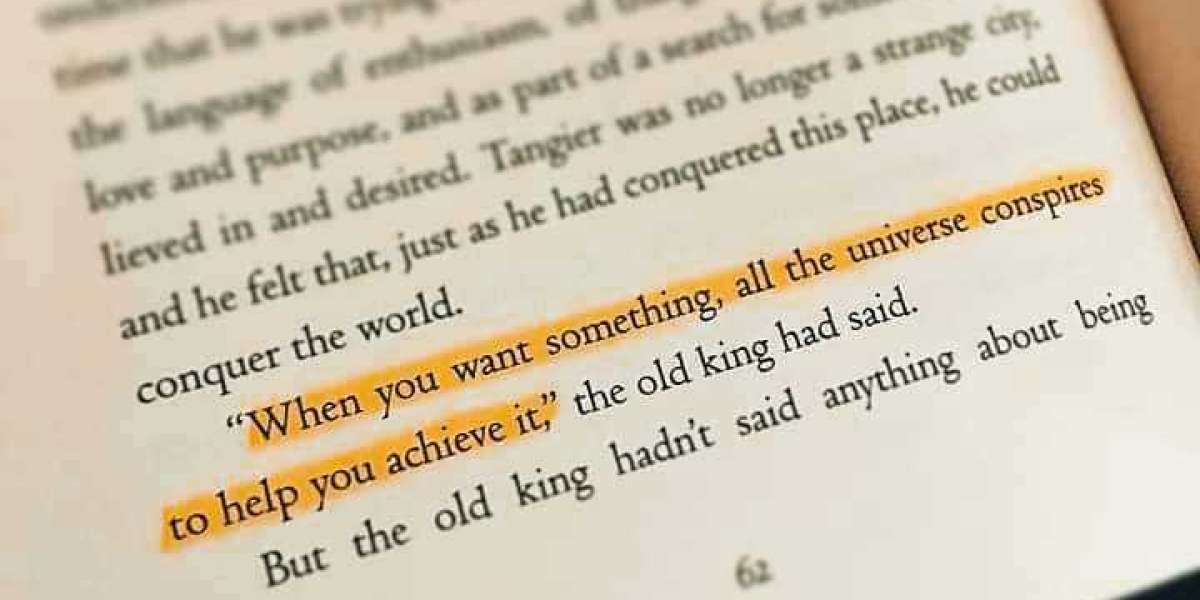When is NFT art … legally art? That was the question at the center of a lawsuit brought by luxury fashion brand Hermès, the maker of the prestigious Birkin Bag, against digital artist Mason Rothschild and his buzzy, unaffiliated MetaBirkins NFT collection, which consists of eccentric, digital versions of the namesake accessory.
Last Wednesday, a federal jury in Manhattan determined that the NFT collection violated Hermès’ trademark rights, awarded the company $133,000 in damages, and introduced uncertainty into the still-nascent NFT creator economy by ruling that Rothschild’s NFTs were not protected speech.
This lawsuit raised eyebrows across art and crypto communities alike, as creators, buyers, and brands all debated what constitutes artistic expression in the age of the NFT. Let’s take a closer look.
What are MetaBirkin NFTs?
- Created by designer Mason Rothschild in 2021, MetaBirkin NFTs are digitally reimagined versions — often fur covered, and vividly dyed — of the iconic Birkin Bag, a luxury status symbol that often retails for tens of thousands of dollars.
- Rothschild sold 100 NFTs for $450 each, and he received 75% of secondary sales, netting about $125,000.
- He described his MetaBirkin NFTs as an “ironic nod” to the elite purse.
Why did Hermès sue Rothschild for his NFT collection?
- The Birkin parent company claimed its trademark was being diluted and that customers might mistakenly purchase unaffiliated digital goods.
- A Hermès lawyer argued “the reason for [MetaBirkin] sales was the Birkin name,” and alleged Rothschild had monetary, not artistic, motivations, pointing to a text in which he asked influencers to “do one more shill post” to boost demand.
What was Rothschild’s legal defense?
- Rothschild’s lawyer described him as “a conceptual artist” and argued that his MetaBirkin NFTs were art that was protected under the First Amendment as free speech. He also noted that the NFT collection explored Birkins as a “cultural symbol of rarefied wealth and status.”
Why did the jury side with Hermès, and how did Rothschild respond?
- The nine-member jury decided that MetaBirkins were more akin to commodities — which are subject to strict trademark laws to prevent counterfeiting — and less like artwork where appropriation is protected, such as with Andy Warhol’s “Campbell’s Soup Can” series from 1961.
- Rothschild's lawyer said it was a “great day for big brands and a terrible day for the First Amendment.” In an interview with Forbes, he also criticized Hèrmes for claiming to value art “but feel[ing] they have the right to choose what art IS and who IS an artist.”
- In a statement, Rothschild said what “happened today was wrong … and will continue to happen if we don’t … fight.”
Why does it matter and what could it mean for the future of NFTs?
While crypto Twitter sounds off about what this case could mean for NFTs and creators, it’s important to note that the verdict in one of the first-ever NFT-related trademark cases was specifically about one instance of trademark infringement and not a broad ruling about NFTs in general. The lawsuit does raise plenty of questions though: Who gets to decide the artistic merits of NFT collections? Will we need to legally categorize different kinds of NFTs? What if Andy Warhol’s iconic Campbell’s Soup pieces had been issued on the blockchain?
NFTs remain an emerging technology that exists at the intersection of art and practical use cases — take Super Bowl MVP Rihanna, who recently sold “B*ich Better Have My Money” royalties as NFTs — so legal frameworks, with any luck, will evolve alongside the tech.
Article source: Coinbase bite








Imran Khan 1 y
NFT has Bright future it should be encouraged and expand in future.